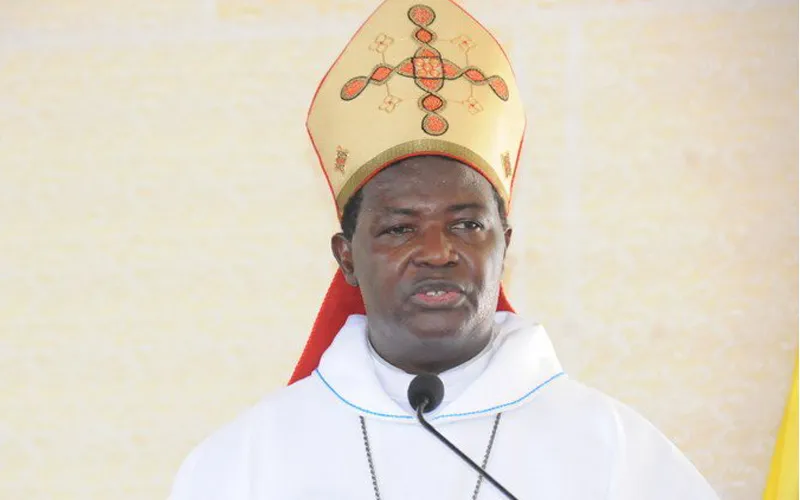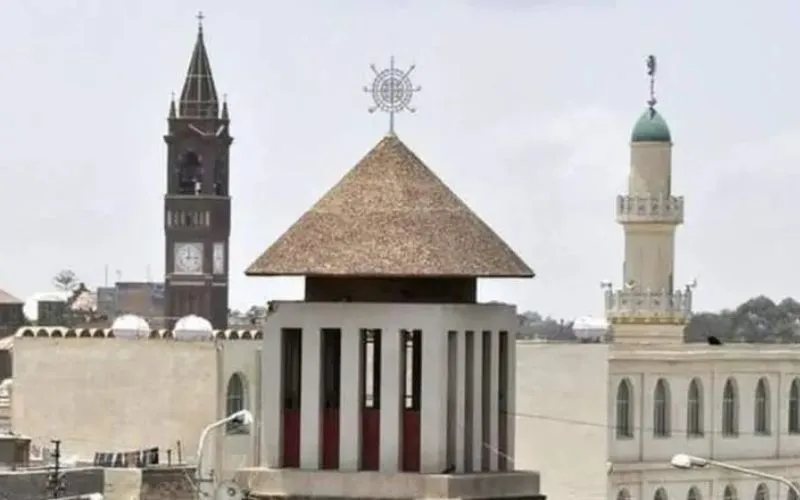N'Djamena, 26 April, 2021 / 1:21 pm (ACI Africa).
The Archbishop of Chad’s Archdiocese of N’Djamena has underscored the need for the people of God in the North-Central African nation to foster peaceful coexistence, striving to overcome “contempt for others and violence” that contribute to instability and “wound the dignity of human life.”
“It is the right time to overcome the resentments accumulated by all internal conflicts that wound the dignity of human life, the living together of citizens and impede the stability of our country,” Archbishop Djitangar Goetbé Edmond said Sunday, April 25.
Chad has been experiencing violent conflicts that have resulted in the loss of lives, including President Idriss Déby Itno who succumbed to injuries from a battle with a militant group on April 20.
Late President Déby was reportedly killed while visiting troops on the frontline. According to a BBC News report, the Chadian President who was laid to rest on April 23 was seen by western powers as an ally in the fight against Islamist extremist groups, including Boko Haram in the Lake Chad Basin and groups linked to Al Qaeda and Islamic State in the Sahel.
In his homily on Vocations Sunday at Our Lady of Peace Cathedral of N’Djamena Archdiocese, Archbishop Djitangar highlighted the importance of peace saying it will “will enable people and communities to regain confidence in themselves and in their capacity to be the active authors of their own development, a development that we hope will be integral (economic, social, cultural and religious), guaranteed by a fair justice accessible to all, without exclusion.”








